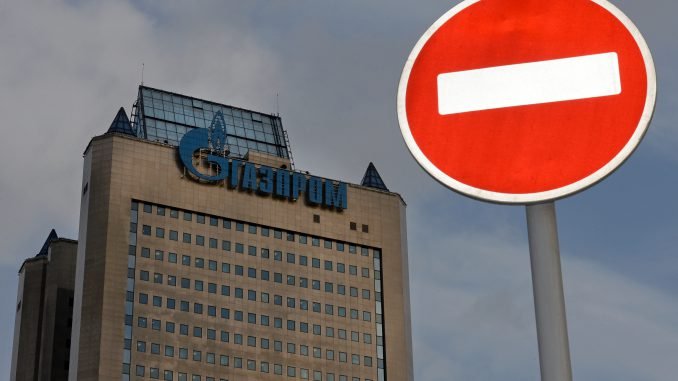
The so-called Brussels I Regulation “must be interpreted as not precluding a court of a member state from recognizing and enforcing, or from refusing to recognize and enforce, an arbitral award prohibiting a party from bringing certain claims before a court of that member state, since that regulation does not govern the recognition and enforcement, in a member state, of an arbitral award issued by an arbitral tribunal in another member state,” the ECJ concluded.
The judgement means that the arbitral award issued in 2012 will most probably not be recognized and enforced in Lithuania.
Sigita Rudėnaitė, chairwoman of the Civil Matters Division at the Lithuanian Supreme Court, has told BNS earlier that even if the ECJ ruled that Lithuania cannot refuse to recognize the arbitral award based on the EU regulation, this could be done based on the New York Convention.
The Lithuanian Court of Appeals did not recognize the arbitral award in December 2012 based on the convention.
It is the Supreme Court, which is yet to examine the case, that will have the final say as to whether or not to recognize the arbitral award.
The dispute centres on an action brought by the Energy Ministry in a Lithuanian court, seeking initiation of an investigation of the activities of Lietuvos Dujos (Lithuanian Gas) and its top executives – Valery Golubev and Kiril Seleznev of Gazprom and Viktoras Valentukevičius.
The Arbitration Institute of the Stockholm Chamber of Commerce ruled in July 2012 that the Energy Ministry-initiated court probe breached in part the arbitration agreement contained in Lietuvos Dujos shareholders’ agreement of Mar. 24, 2004 and ordered that the ministry withdraw some of its requests, including the one that the court should order Lietuvos Dujos to start negotiations with Gazprom on a fair gas price.
All of the three executives have since left the company. Gazprom in May 2014 reduced the price of gas supplied to Lietuvos Dujos by 21 percent and sold its stake in the Lithuanian company.

Be the first to comment